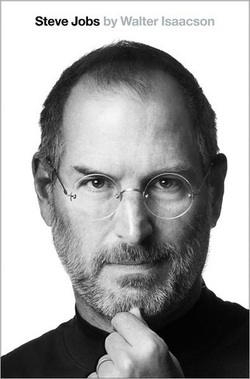
“Artists Ship!” This quote from Apple’s Steve Jobs captures the powerful urgency of now, not only in a technological marketplace which re-invents itself constantly, but also, and I would argue more importantly, in our communities where each day children, families – in fact, all of us – fall victim to unrealized or un-attempted solutions. In essence, Jobs is asking what value is creativity, is genius, without results?
If it is too precious to become a product that actually gets into people’s hands, so what?
No one who is a fan of Apple would dispute the art in the product portfolio, but Jobs has leavened “cool” products with products that ship! I have seen so often where the work in our communities is crippled by the genius of the idea (philosophy, habit, method, etc.) having more value than the skill of the outcome. In the search for the silver bullet or the next new thing, we fail to achieve the tangible for our children, the poor or the environment. The communities that do achieve great things: ACT. They understand that “doing good things” when it is more about the actor or their peers or the donors or the volunteers, than the result, is the equivalent of a brilliant idea that never ships.
“If you are not busy being born, you are busy dying.” Consistent with the bittersweet tone of this entire book, Walter Isaacson uses these Bob Dylan lyrics eulogistically to sum up an utterly creative man who revolutionized six industries – personal computers, animated movies, music, phones, tablet computing and digital publishing – yet, died way too young.
This is the biography Isaacson was born to write. Though an adequate historian (“Franklin” and “Einstein”), it is Isaacson’s grounding in today’s society that make him such an effective Boswell for Jobs. It took an editor of Time and CNN to fully comprehend the impact, well beyond technology, that Steve Jobs has had on our times. A classic example of a premier historian so totally wrong for another man truly of his times is Edmund Morris’ abject failure as Ronald Reagan’s biographer. Perhaps an historian cannot bring adequate context to contemporary transformations.
Isaacson appropriately revives Gina Kolata’s 1980’s term of “magical genius” in reflecting on Steve Jobs. Jobs was not a great human being, husband or father. But it is hard to imagine a more creative force on the globe since the introduction of the Apple I in the mid-1970’s. We are blessed to have shared this earthly journey with him. Steve Jobs reminds us of our most unique human freedom, or as his idol, Walt Disney, said: “If you can dream it, you can do it.”
If it is too precious to become a product that actually gets into people’s hands, so what?
No one who is a fan of Apple would dispute the art in the product portfolio, but Jobs has leavened “cool” products with products that ship! I have seen so often where the work in our communities is crippled by the genius of the idea (philosophy, habit, method, etc.) having more value than the skill of the outcome. In the search for the silver bullet or the next new thing, we fail to achieve the tangible for our children, the poor or the environment. The communities that do achieve great things: ACT. They understand that “doing good things” when it is more about the actor or their peers or the donors or the volunteers, than the result, is the equivalent of a brilliant idea that never ships.
“If you are not busy being born, you are busy dying.” Consistent with the bittersweet tone of this entire book, Walter Isaacson uses these Bob Dylan lyrics eulogistically to sum up an utterly creative man who revolutionized six industries – personal computers, animated movies, music, phones, tablet computing and digital publishing – yet, died way too young.
This is the biography Isaacson was born to write. Though an adequate historian (“Franklin” and “Einstein”), it is Isaacson’s grounding in today’s society that make him such an effective Boswell for Jobs. It took an editor of Time and CNN to fully comprehend the impact, well beyond technology, that Steve Jobs has had on our times. A classic example of a premier historian so totally wrong for another man truly of his times is Edmund Morris’ abject failure as Ronald Reagan’s biographer. Perhaps an historian cannot bring adequate context to contemporary transformations.
Isaacson appropriately revives Gina Kolata’s 1980’s term of “magical genius” in reflecting on Steve Jobs. Jobs was not a great human being, husband or father. But it is hard to imagine a more creative force on the globe since the introduction of the Apple I in the mid-1970’s. We are blessed to have shared this earthly journey with him. Steve Jobs reminds us of our most unique human freedom, or as his idol, Walt Disney, said: “If you can dream it, you can do it.”
To be tweeted links to my new posts -- blog, book reviews (both nonfiction and fiction), data or other recommended tools -- either go to Twitter.com and follow me @jcrubicon, or just go to my Home page and click on the Twitter button on the right, just above the tweet stream, and follow me @jcrubicon.
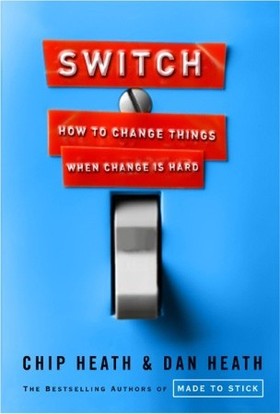
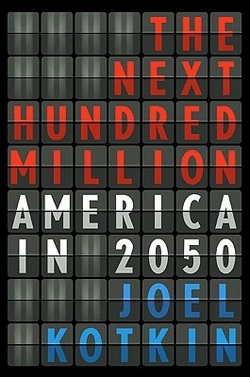
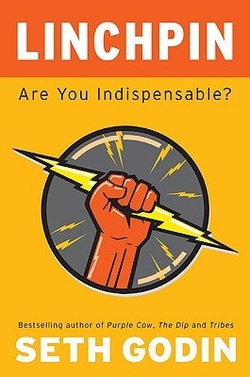
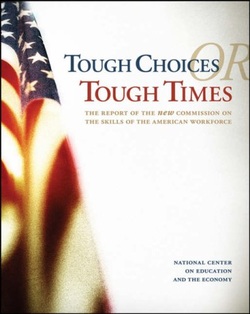
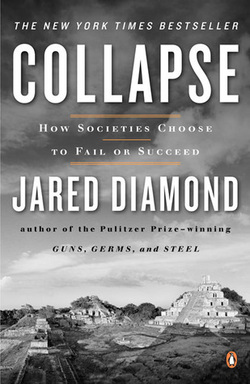
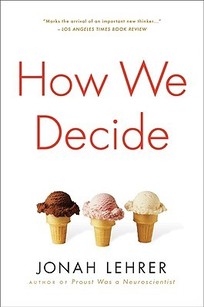


 RSS Feed
RSS Feed
